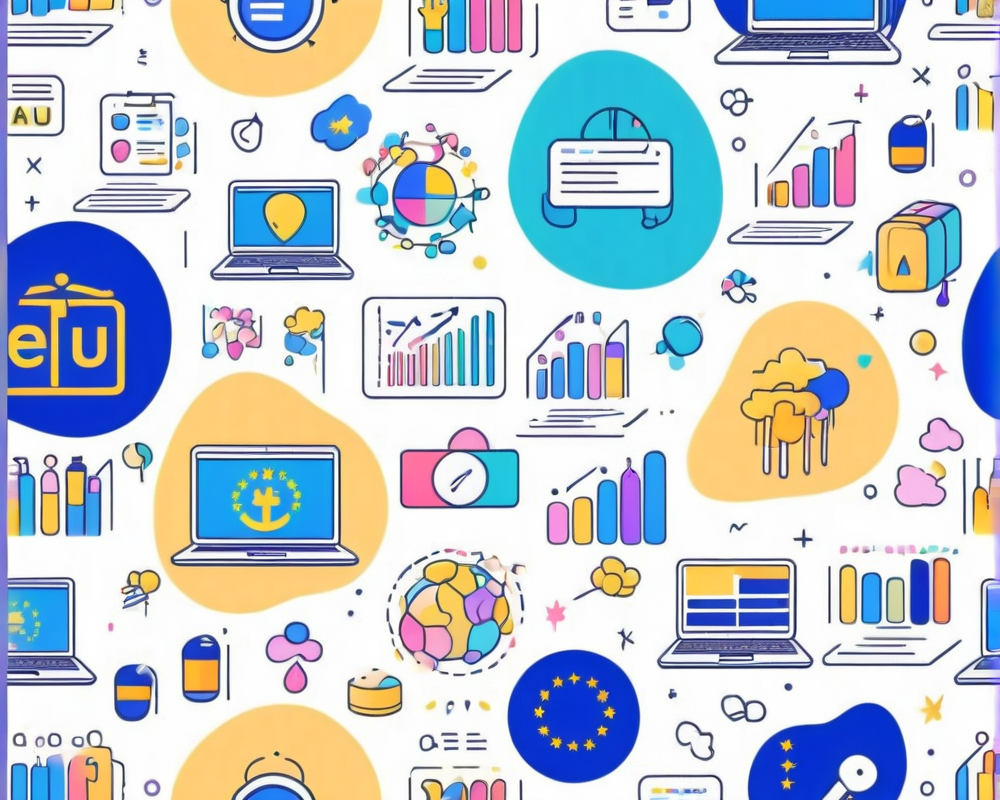New EU Guidelines for AI Transparency
As artificial intelligence continues to evolve at a staggering pace, officials in the European Union have stepped up discussions to ensure that tools like ChatGPT don’t become a breeding ground for misinformation. Vera Jourova, the European Commission’s vice president for values and transparency, recently broke down the necessity for transparency measures, emphasizing the importance of labeling AI-generated content to combat fake news.
Labeling AI Content: A Step Towards Transparency
Imagine scrolling through your feed and stumbling upon an AI-generated article without a clear indication of its origin. Spooky, right? Jourova believes that companies deploying generative AI must implement technology to recognize and label disinformation effectively. This way, if you encounter a rogue batch of misleading content, you’ll know exactly who the culprit is.
Call to Action for Tech Giants
Jourova didn’t hold back while addressing big players like Microsoft and Google, throwing down the gauntlet for them to create ‘safeguards’ against misuse of their AI tools. They’re not just expected to sit pretty; they are called upon to proactively build mechanisms that prevent malicious actors from using their platforms to spread misinformation. Talk about a growth agenda!
The EU’s Existing Framework: A Foundation to Build On
Hold onto your hats, folks! This isn’t the EU’s first rodeo when it comes to addressing disinformation. Back in 2018, they whipped up the “Code of Practice on Disinformation.” This agreement serves as a self-regulatory guideline for tech industry players. Major tech companies, including Google, Microsoft, and Meta, have put their signatures on the 2022 version of the code. So, what happens next?
Monitoring Compliance: The July Reports
Prepare your calendars, because in July, those companies will need to report on the new safeguards they’ve put in place regarding AI. Jourova put the spotlight on Twitter, whose withdrawal from the Code had the regulatory world buzzing.
What Lies Ahead: The EU Artificial Intelligence Act
The EU is keeping its eyes on the prize as it preps for the upcoming EU Artificial Intelligence Act—a comprehensive set of rules to regulate the public use of AI tools. While these laws won’t take effect for another couple of years, European officials aren’t letting momentum fizzle out. They’re urging companies to draft a voluntary code of conduct for AI developers in the meantime. So, get your pens ready, tech developers!



